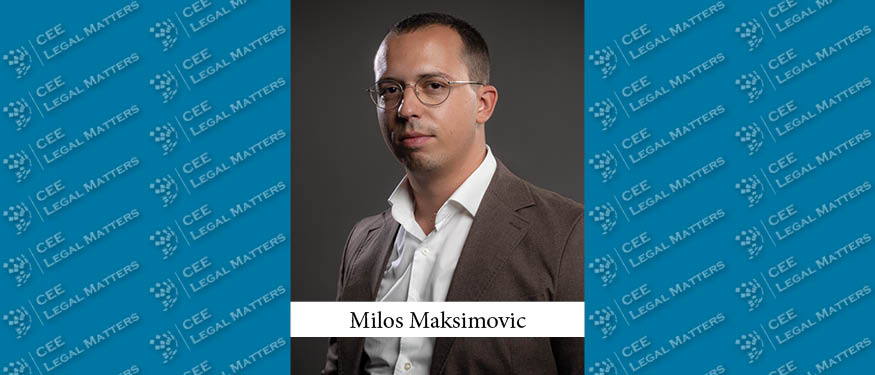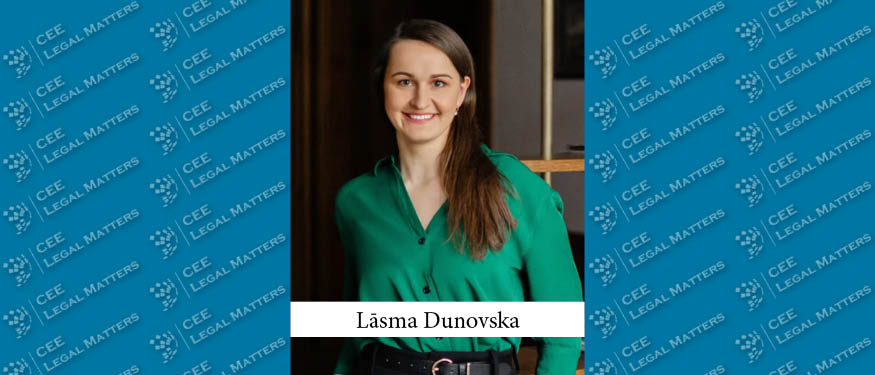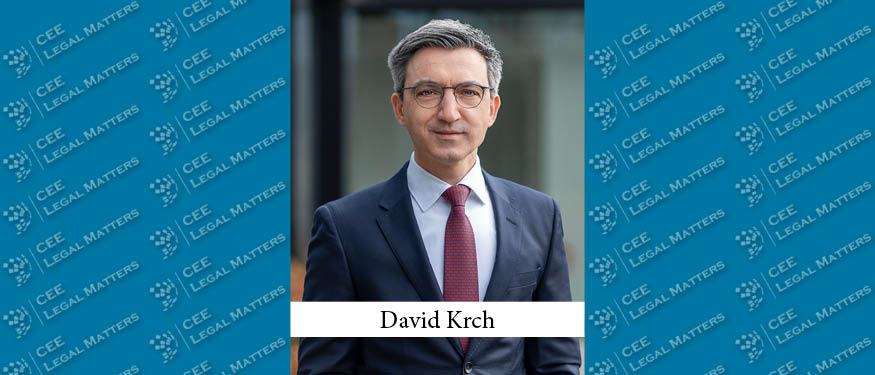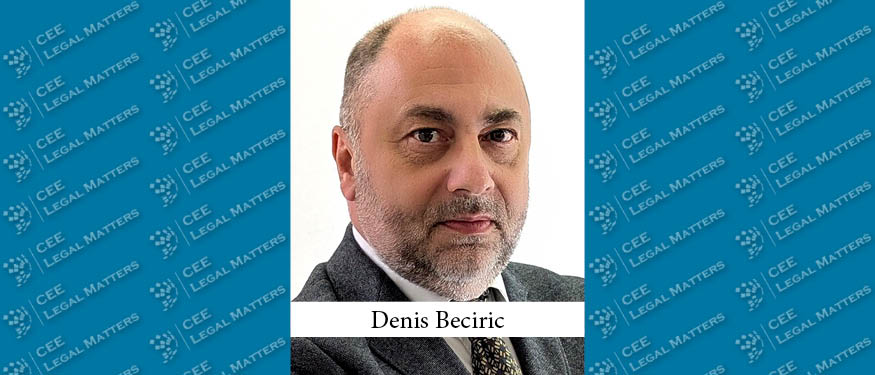Companies will have an additional year to comply with new EU rules aimed at preventing deforestation, which will prohibit the sale of products in the EU that originate from deforested land
The European Parliament and the Council of the EU have decided to postpone the application of the European Union Deforestation Regulation (EUDR) by one year, now taking effect on 30 December 2025 instead of the original 2024 deadline. The decision comes in response to concerns raised by EU member states and stakeholders about the feasibility of meeting the requirements within the initial timeframe.
Database of Building Materials to be Set Up in Hungary
In November 2024, multiple sources reported that the Hungarian government is considering the introduction of significant construction regulations in 2026, based on a leaked draft.
Video Games in Serbia – Employer Challenges with Copyright Law
Gaming is a multi-billion-dollar industry surpassing the combined value of music and film. In Serbia, gaming studios generated over 175 million EUR in 2023, continuing a strong growth trend since 2018. This industry serves as a hub for technological innovation and creativity worldwide, driven by the contributions of various creative minds.
The Legal and Ethical Aspects of Employee Poaching
The labor shortage issue has been a growing problem in the job market for a long time now. In the long-term employers are looking for ways to improve working conditions, to keep employees engaged and to attract new ones. One of the ways to fix the labor shortage issue is employee poaching. What are the legal and ethical aspects of employee poaching and how to lessen the risk of another job market recruiting employees?
Amendment of Energy Related Acts from 1 January 2025
A bill on the amendment of certain energy-related laws was submitted to the Hungarian Parliament at the end of October 2024. Among others, the bill would amend the following laws from 1 January 2025: the Mining Act, the District Heating Services Act, the Electricity Act, the Environmental Product Charges Act and the Waste Act.
Ukraine Introduces Tax Increases
The Law of Ukraine on Tax Increases №4015-ІХ, adopted by the parliament and awaiting presidential signature, came into effect on November 30, 2024. Below are the key changes to the taxation system.
Solar Panel Owners Appeal to the Constitutional Court
1,111 complaints have been submitted to the Constitutional Court of Hungary by domestic solar panel users, who argue that the change in the balance accounting system is causing them significant financial disadvantages. Specifically, the amendment introduces a monthly gross settlement after 10 years of solar panel installation.
Austria: (Partial) Suspension of the Double Taxation Agreement with Russia – Implications for Taxpayers
On December 7, 2023, Austria saw a significant shift in its tax regulations with the suspension of key provisions in the double taxation agreement (DTA) with Russia.
Serbia: Temporary Tax Decisions – Will the Tax Administration’s Practice Change in 2024?
As of December 14, 2022, the Tax Administration of the Republic of Serbia started passing temporary tax decisions imposing payment of individual income tax based on agreed remuneration for the copyright and related rights and agreed remuneration for performed work with contributions for mandatory social insurance. These decisions targeted both Serbian and foreign citizens who made a profit abroad and transferred it to bank accounts in the Republic of Serbia during 2017 and 2018. For the first time in the country’s tax practice, tax liability was assessed automatically by passing temporary tax decisions, without conducting tax proceedings.
Hungary: Accommodation Services in Tax Spotlight
One of the sectors contributing the most to the Hungarian GDP is tourism, with nearly 16 million guests spending more than 41 million overnight stays in Hungary in 2023. According to the data of the Hungarian Central Statistical Office, foreign tourists spent 11,866,669 overnight stays in Hungary in 2023, of which 59.20% chose hotels, 32.36% stayed overnight in private and other accommodations, and 8.44% chose community accommodations.
Croatia: New Round of Changes to Tax Rules in 2024
In 2024, Croatia introduced another round of changes to its tax rules, with further novelties announced for 2025 aimed at fair taxation of property and bringing order to the residential rent market.
Lithuania: Tax Increases to Fund National Defense
The ongoing war in Ukraine has sparked governments to take defense seriously. The Lithuanian government is no exception here – as of 2025, Lithuania is set to increase defense spending.
Estonia: Navigating the Taxation of Debt Pushdown Structures
Debt pushdown structures have become a prevalent strategy in Estonia for company acquisitions. However, up until now, the absence of clear regulatory guidance has left companies and their legal advisors navigating uncertain terrain, particularly concerning the tax implications. The (at the time of writing) soon-to-be-published guidance on the taxation of debt pushdowns is poised to provide much-needed clarity.
Slovenia: Navigating the Complexities of Share Buybacks – A Tax Perspective
The Slovenian Financial Administration has recently provided clarification on the tax treatment of share buybacks conducted through intermediaries. This article offers valuable insights for companies and tax professionals navigating the complexities of corporate restructuring and employee incentive programs.
North Macedonia: How the Reduction of the Corporate Tax Rate from 10% to 5% Will Affect Foreign Investments in North Macedonia?
In recent years, many countries have revised their tax legislation to improve and stabilize their national economies. The Republic of North Macedonia is among the countries with one of the lowest corporate tax rates in Europe, set at 10%, making it an attractive destination for investment. However, as a nation still undergoing transition and in need of new investments, the new Macedonian government believes that further reducing the tax rate will create better opportunities to attract new investments, which is crucial for improving and stabilizing the economic situation.
Romania: A New Tax Regime for Large Companies – A Big Challenge for Investors
Romania remains an attractive jurisdiction for many foreign investors across various industries, but it faces challenges related to fiscal administration and predictability. A notable example is the introduction of a new taxation regime for large companies, which became effective on January 1, 2024. Naturally, this initiative triggered several reactions from the business community. Initially, efforts were made to prevent the enactment of such legislation or to propose amendments to mitigate the envisaged fiscal impact. Subsequently, in response to the law’s implementation, companies have begun analyzing different restructuring scenarios to establish optimal business structures that would allow them to continue operating while neutralizing the fiscal burden.
Turkiye: Recent Tax Developments – Moving Toward a Stringent Tax Regime for Transfer of Immovables
Turkiye has witnessed significant tax developments in recent months, including amendments in real estate-related taxation. These changes primarily arise from the need to address budgetary concerns in the current economic climate, which has led to the repeal of certain frequently utilized tax exemption provisions. This article provides an overview of these developments and their implications for taxpayers or investors whose business structures include real estate in Turkiye.
Czech Republic: Current Specifics of Taxation of Foreign Corporations
The Czech Republic (the CR), as an OECD member state, generally speaking, has a tax system comparable to other economies. However, it does have some specificities. While in some areas, the Czech system is less strict (e.g., proving the movement of goods for VAT purposes), in other areas, the current practice in the CR is very formalistic and strict. This is the case, for example, for costs charged in a group between related parties, in particular costs for management services and marketing. Multinational groups unfamiliar with this approach from other European countries may therefore inadvertently get into a dispute with the local tax administration in the CR.


































